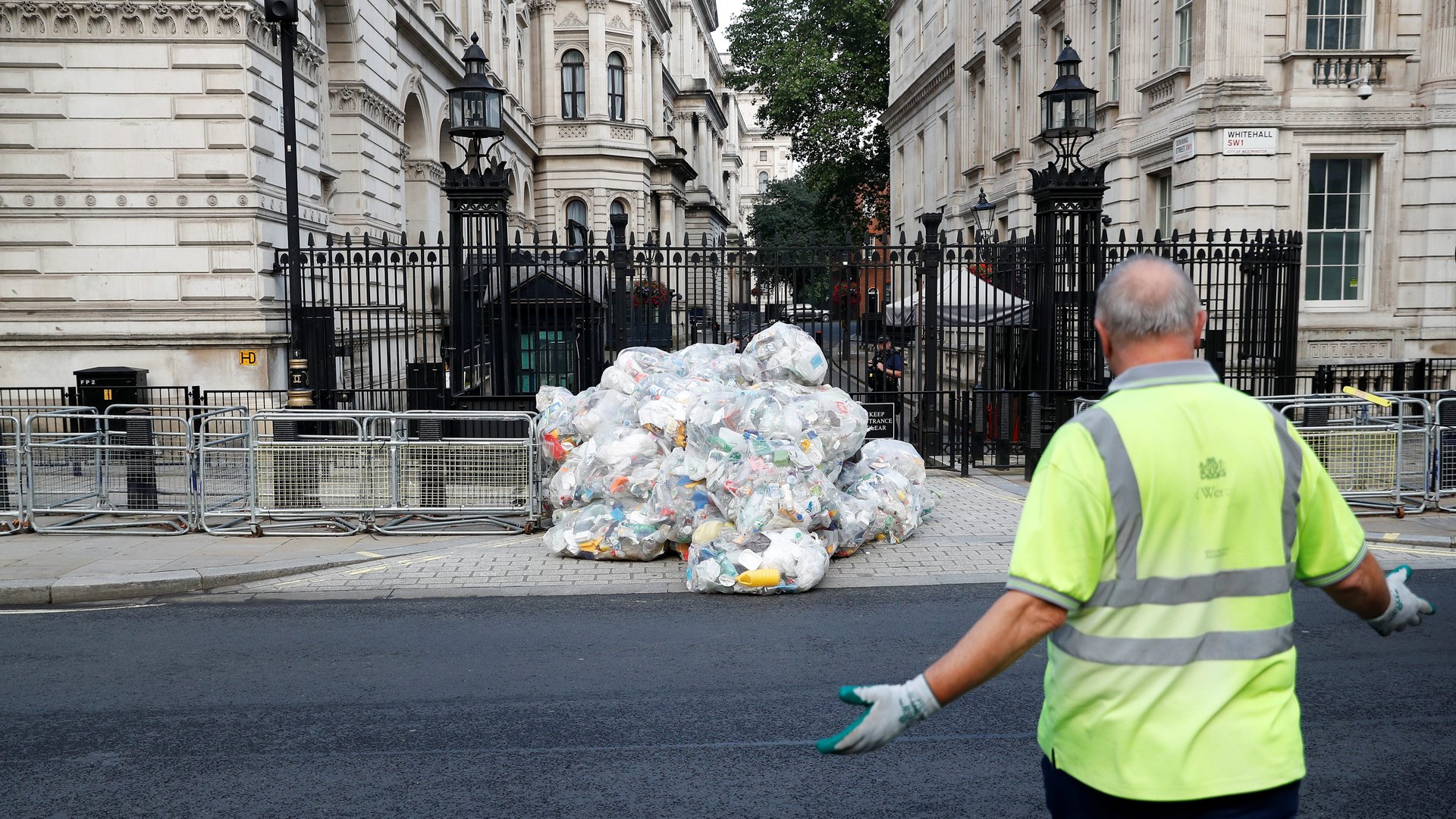Plastic bags: tax or ban?
Starting April 1, the UK will implement a new tax designed to curb the production of single-use plastics.


Starting April 1, the UK will implement a new tax designed to curb the production of single-use plastics.
Manufacturers and importers of plastic packaging must to pay £200 ($262) per ton for any plastic made of less than 30% recycled materials. The government projects the measure could save 200,000 tons of carbon emissions in its first year, and boost demand for recycled materials by 40%. But industry groups warn that it will raise costs for consumers, especially for food packaging that can’t always be made from recycled plastic.
Plastic bag bans have unintended side effects
Every year the world produces about 150 million tons of plastic that end up in water bodies and landfills after one use, and from there become a menace to society. They break down into microscopic pieces that are dangerous to the health of humans and animals, emit toxic fumes when incinerated, require climate-killing fossil fuels to produce, and often accumulate in poor neighborhoods.
The real question is whether it’s better to implement plastic taxes, which are also under consideration in Spain and Italy, or ban plastic shopping bags. The latter can result in an increase in the use of plastic trash bags and paper and canvas shopping bags, which are in some cases even more damaging than plastic.
On March 2, world leaders agreed to pursue a new global treaty on plastic pollution, so more anti-plastic policies will be piling up soon.